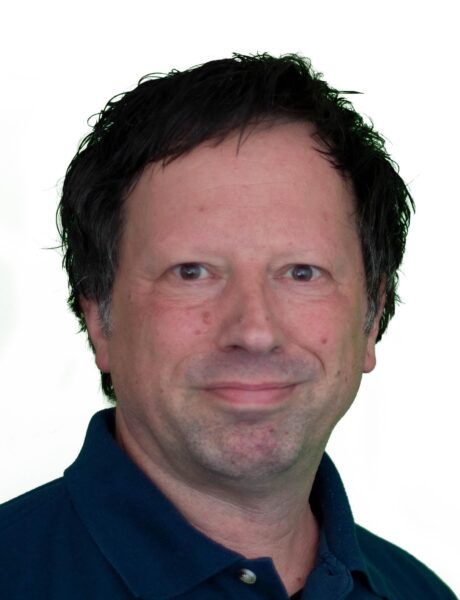CPSH Seminar Series: Sascha Grziwa, University of Cologne
September 5, 2023
Monday 11, 2023 at 1:00pm CT
Speaker: Sascha Grziwa, Research Associate, Rhenish Institute for Environmental Research, Department of Planetary Research, University of Cologne, Germany
Host: Brandon Jones
Title: The upcoming hunt for exoplanets in the habitable zone: Advances in the detection of exoplanets in the context of the upcoming ESA space mission PLATO
Abstract: In recent years, thousands of exoplanets have been discovered, largely thanks to space missions such as Kepler and TESS. However, a significant number of these exoplanets possess relatively short orbital periods, ranging from 10-20 days, which are even more compact than that of Mercury, our innermost planet. This bias towards shorter orbits arises from the extended baselines required to detect exoplanets with more extended orbits, both in space missions and subsequent follow-up observations. This leaves our understanding of stellar systems, their evolution, and statistics somewhat incomplete, as knowledge of exoplanets with larger orbital periods are needed for full characterization. One way forward is developing new techniques like the detection of mono-transits to uncover longer-period targets in existing photometric data. But finally, there is a need for space missions with extended baselines to provide a comprehensive catalogue of planets with wider orbits to complete the picture.
PLATO, an ESA mission slated for launch in 2026 will primarily focus to monitor bright stars (m_v < 11) over several years, aiming primarily to detect Earth-like planets within the habitable zones of solar-type stars. In addition, the mission will observe more than 250,000 stars (m_v < 13) with the ambition of detecting up to 7,000 new exoplanets.
Biography: Sascha Grziwa works at the Rhenish Institute for Environmental Research, department of planetary research, at the University of Cologne, Germany. His primary research interest lies in the photometric detection of exoplanet transits within space missions. He was responsible for one of the detection pipelines of the ESA/CNES space telescope CoRoT (2006-2014). Later the pipeline was adapted for Kepler and K2.
In 2018 he co-founded the KESPRINT collaboration that brings together experts in detection, RV-follow-up and modelling to detect, confirm and characterize exoplanets found through K2 and TESS. He chaired the KESPRINT detection Working Group from 2018 to 2020.
He is a member of the PLATO Mission Consortium. Since 2021 he has worked for the PLATO Payload Performance Team supporting testhouses and camera teams in all scientific aspects of payload performance of the PLATO mission.
He is visiting The University of Texas at Austin as part of the European exchange program EXOWORLD. In this program he is leading the WP3 ‘Planet population in the Galaxy: statistics and distribution’.

